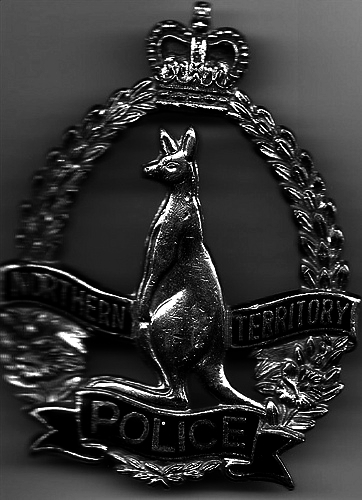Yuendumu case continues
 Committal hearings ahead of a possible murder trial for an NT Police officer are now complete.
Committal hearings ahead of a possible murder trial for an NT Police officer are now complete.
Constable Zachary Rolfe has been charged with murder after the death of 19-year-old Kumanjayi Walker in an attempted arrest.
Mr Walker was shot on November 9, 2019, at a home in the remote Central Australian community of Yuendumu.
Constable Rolfe has faced a three-day committal hearing in the Alice Springs Local Court. He attended via video link from Canberra where he is on bail, suspended from the police force on pay.
The committal hearings were held to determine if he will face trial for murder in the Supreme Court.
Evidence including eyewitness accounts and body-worn camera footage was aired in public for the first time in the hearings.
It showed that three days before Mr Walker was shot dead, two local police officers attempted to arrest him for breaching a court order. At that time, the court heard Mr Walker threatened the two officers with an axe, forcing them to run.
Police had allegedly negotiated with Mr Walker's grandparents for Mr Walker to hand himself into police, but when he did not, a plan was developed to carry out the arrest around 5:30am on Sunday, November 10.
Four members of the Alice Springs-based Immediate Response Team (IRT), including Constable Rolfe, were called in for that arrest attempt.
He and other IRT members were allegedly driving around, conducting “high visibility” policing on the evening of November 9, when they encountered Mr Walker.
The court was also told of a series of break-ins at the Yuendumu nurse's quarters, which forced the community's medical professionals to evacuate earlier on the same day Mr Walker was shot.
Body-worn camera footage was aired in court, showing officers entering the house Mr Walker was in, including Mr Walker providing a false name to police.
Specific timings were revealed, including a window of eight to 10 seconds from the time officers first attempted to restrain Mr Walker and when he was shot, the court heard.
An expert said there was approximately 2.6 seconds between the first shot and the second.
That time, according to criminologist Dr Geoffrey Alpert, was enough for Constable Rolfe to “reassess” the threat posed by Mr Walker.
Mr Walker was said to have produced a pair of scissors stabbed Constable Rolfe's shoulder.
Dr Geoffrey Alpert told the court that this was the catalyst for the first, “justified”, shot to be fired by Constable Rolfe.
“I think after that shot was fired, he had the time, the distance and the ability to reassess,” Dr Alpert said.
“And in those few seconds realise he could respond hands on… or take a few more seconds and use a taser.”
He described the second and third shots as “excessive, unreasonable and unnecessary”.
Under cross examination, Dr Alpert agreed that it would have taken Constable Rolfe more time to “reholster a firearm, unholster a taser, produce the taser, level at the target and then deploy the taser”.
The case will return to court on September 25, after which, Judge John Birch will decide if there is enough evidence for Constable Rolfe to face trial in the Supreme Court.








 Print
Print